Data Lakes on Cloud & it’s Usage in Healthcare
BizAcuity
MARCH 29, 2019
Data lakes are centralized repositories that can store all structured and unstructured data at any desired scale. The power of the data lake lies in the fact that it often is a cost-effective way to store data. Deploying Data Lakes in the cloud. Best practices to build a Data Lake.


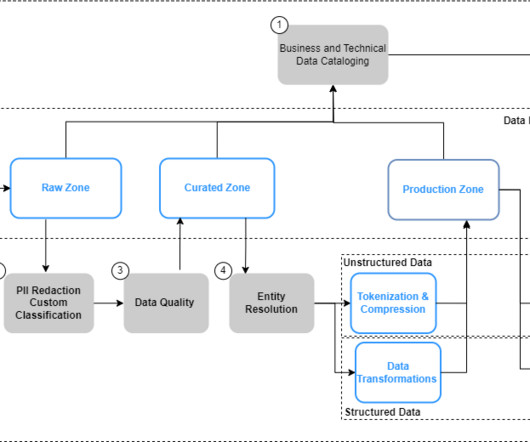
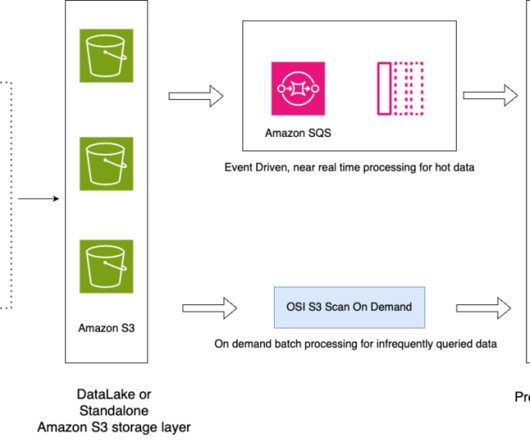

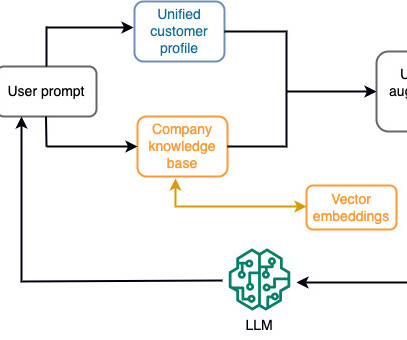


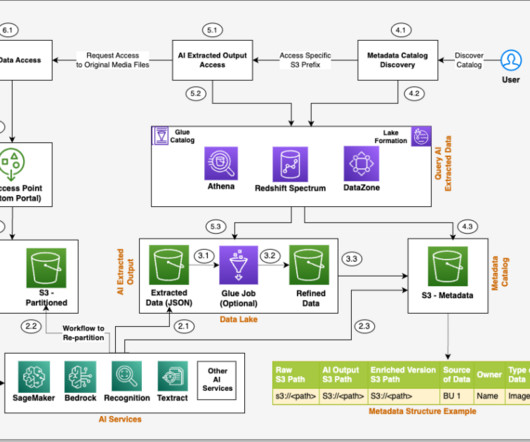
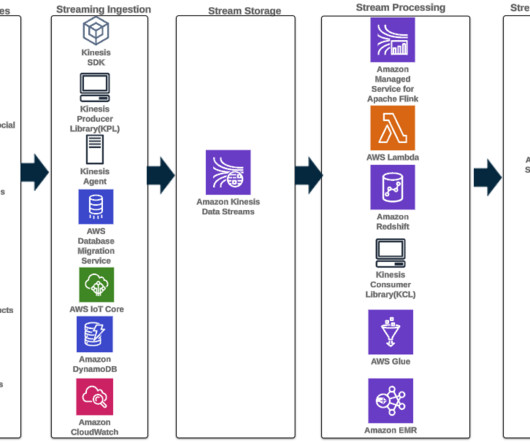










Let's personalize your content